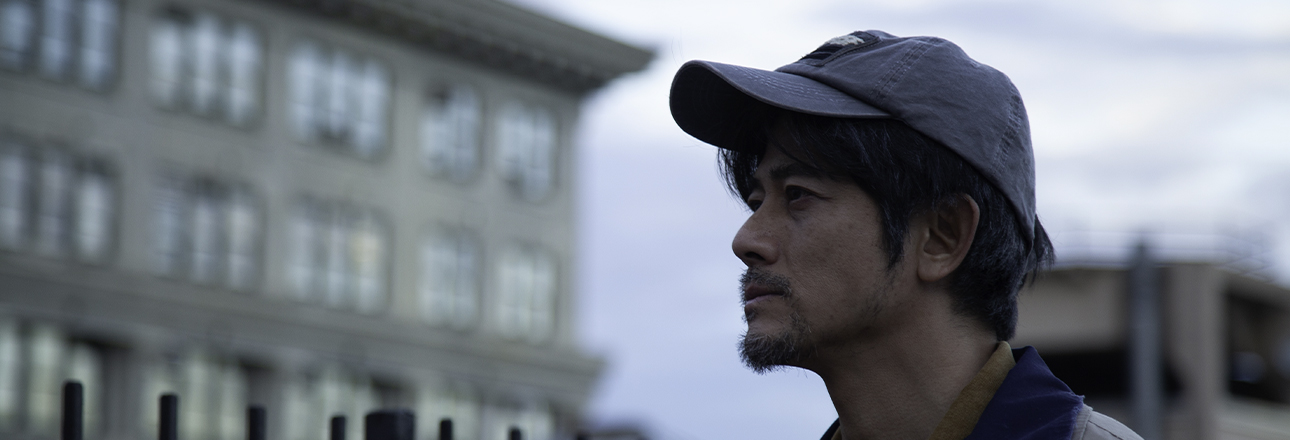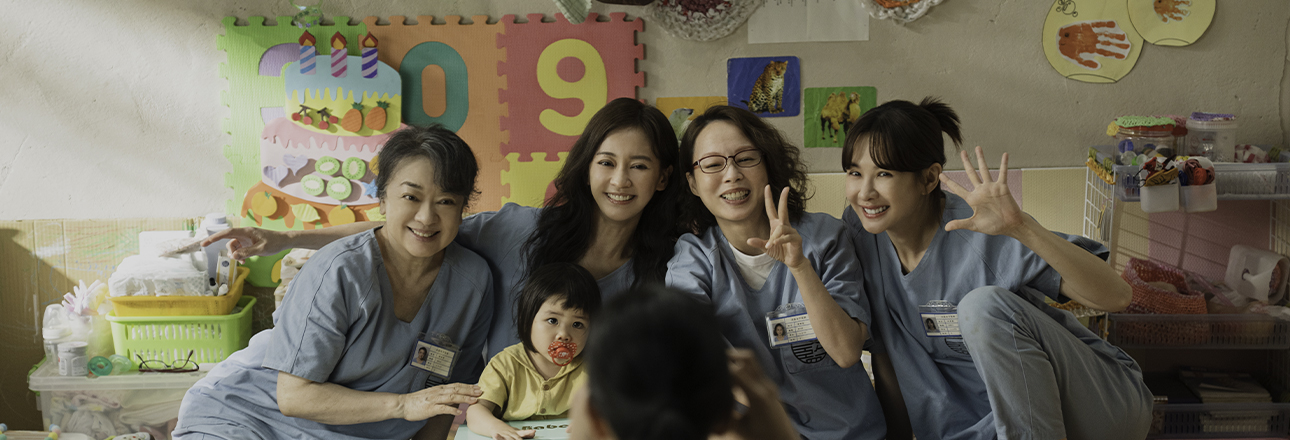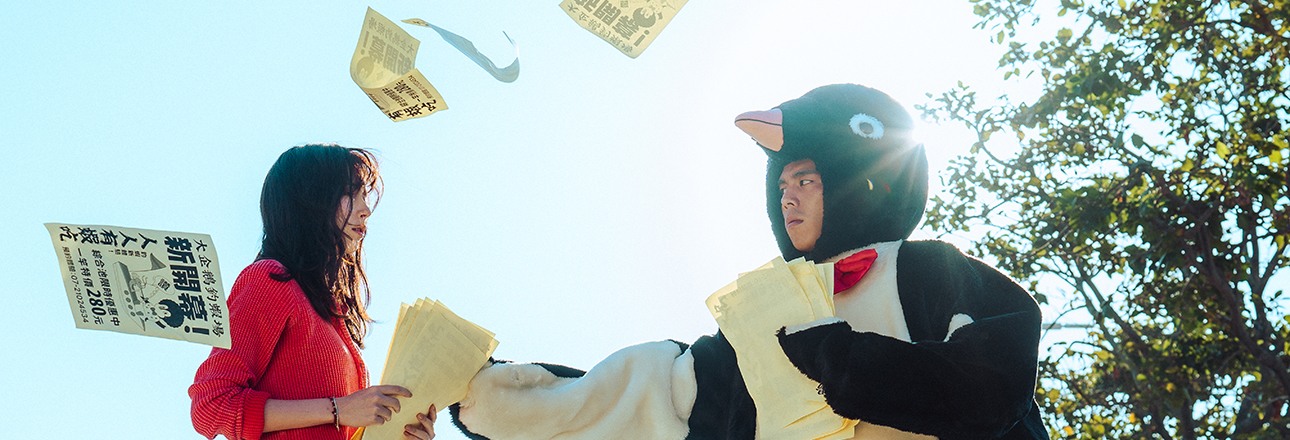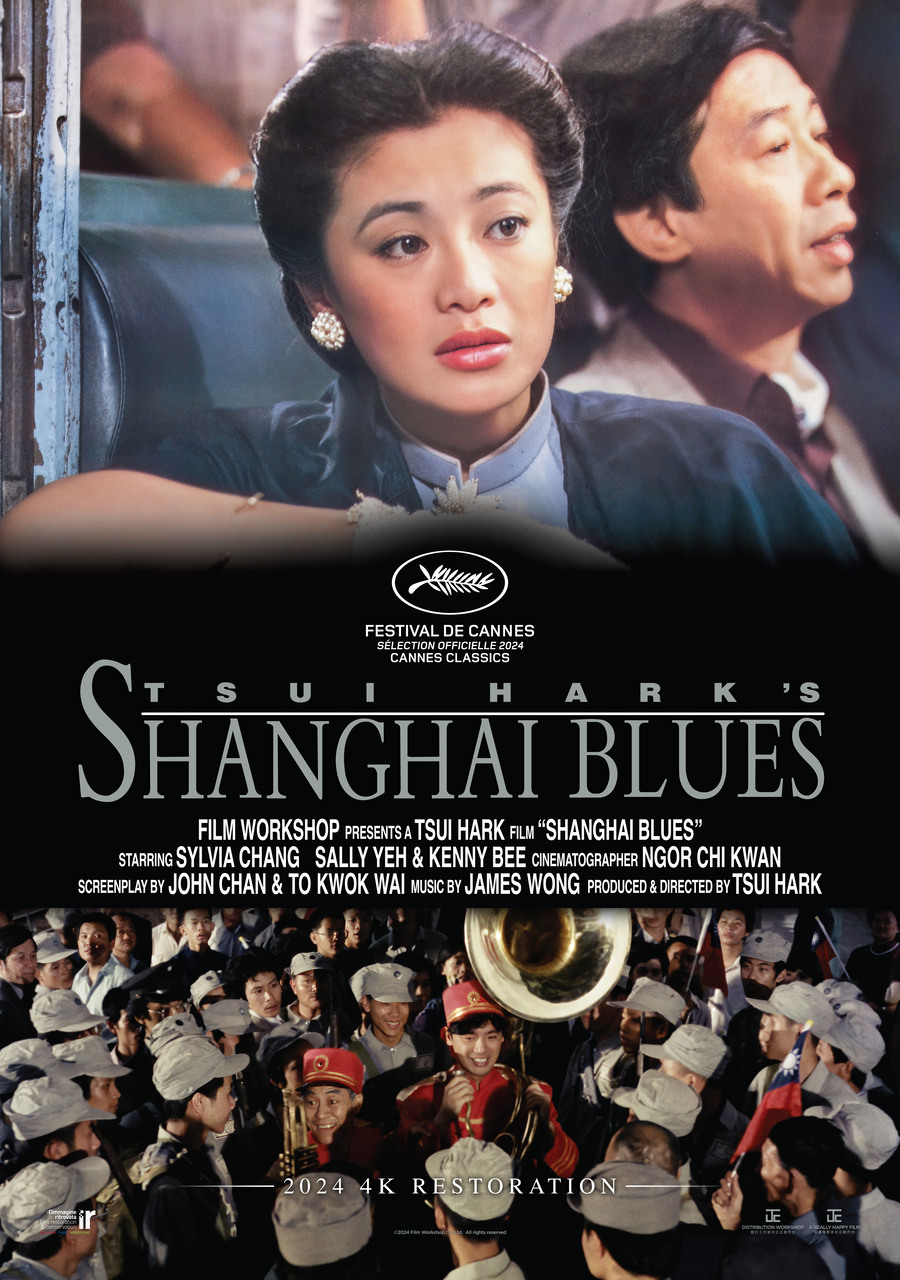News
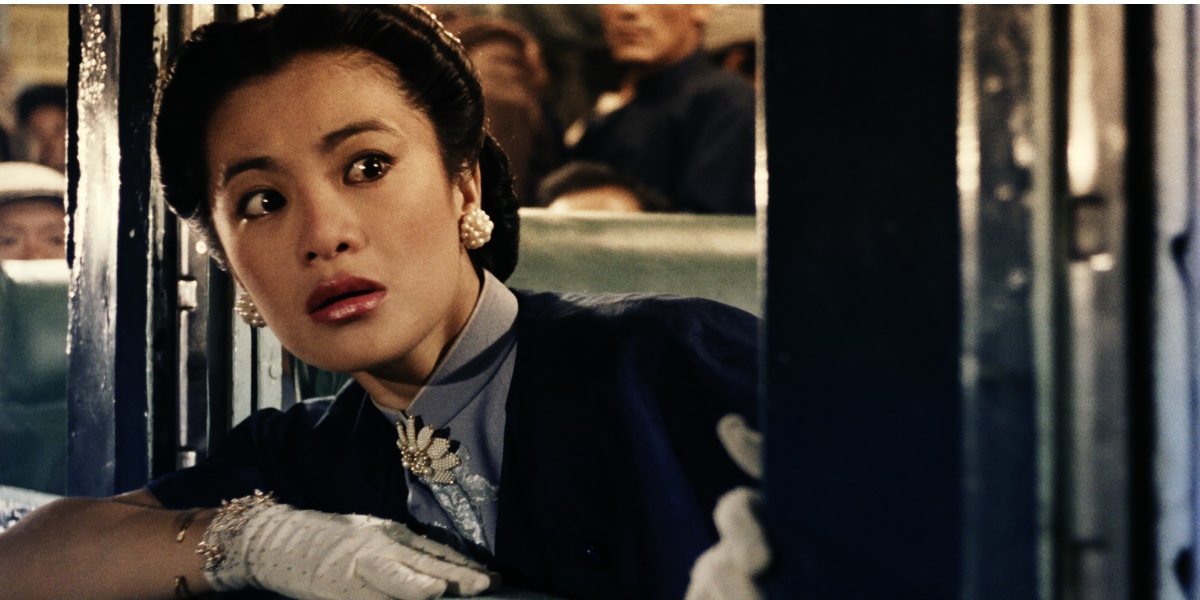
Why Tsui Hark’s Shanghai Blues, shown at Cannes 2024, is one of his best films 40 years on
- Posted on
- 2024-08-25
- Source
- South China Morning Post
Four decades have passed since its first release, but Tsui Hark's romcom Shanghai Blues remains one of the director's most enjoyable works
Luscious, loving and a lot of fun, the lively romantic comedy Shanghai Blues is one of Tsui Hark’s most enjoyable works.
It is also one of his most conventional – the Hong Kong director, who has said that his imagination ranges so widely that he often finds it difficult to keep his stories on track, steadfastly adheres to a slim plot that could be scribbled on the back of an envelope.
The unusually minimalist storyline gives his two female leads, Sally Yeh Chian-wen and Sylvia Chang Ai-cha, room to express themselves – which they do in magnificently jolly fashion.
The film was well received by Hong Kong cinema-goers when it was released in 1984.
“A real gem of a picture!” enthused the Post reviewer. “In Shanghai Blues, Tsui has created a mixture of Cantonese pop, comedy, poignant romance, slapstick humour laced with music, satire, fresh creativity, artistry and good taste.”
Tsui liked it, too – he has said that Shanghai Blues is a favourite among his own works, and notes that he has fond memories of it because it was the first movie produced by his production company Film Workshop.
Tsui founded the company in 1984, with his former life partner Nansun Shi, especially to produce Shanghai Blues. Tsui has described the film as “iconic”.
Shanghai Blues – which came between Tsui’s cheerful Cinema City romp Aces Go Places 3: Our Man from Bond Street and the unusual social realist comedy Working Class – mainly focuses on slapstick, and serves up popular romcom tropes.
In spite of its reputation as one of Tsui’s best films, it had slipped out of view, especially abroad, where distributors prefer to focus on Tsui’s martial arts films. But Shanghai Blues was recently restored in 4K by Film Workshop, and it screened as an official selection at this year’s Cannes Film Festival.
The story begins in 1937 when Tung (Kenny Bee) and Shu Shu (Sylvia Chang) shelter under the Suzhou Bridge during the bombing of Shanghai in the Second Sino-Japanese War. It is too dark for them to see each other clearly, but the attraction is palpable, and they vow to meet again.
Fast forward 10 years to 1947. The war with Japan is over, and Tung is working as a street musician while trying to make it as a composer of popular songs. Shu Shu is also working in Shanghai, making her living as an independent-minded nightclub singer.
The two never met again, but both are still hoping that they will find each other – even though they do not know how they would recognise each other.
Into this melee comes Stool (Sally Yeh), a naive new arrival to the city. Stool quickly loses all her money to a pickpocket, and ends up being taken in by a sympathetic Shu Shu. Stool falls in love with the young musician who lives in the same housing unit, who turns out to be – you have guessed it – Tung.
Things roll along nicely with some domestic drama and urban adventures until Tung realises that his lost love is his new girl’s best friend.
Stool ends up martyring herself so that the lovestruck duo can be together, and a poignant ending sees Shu Shu and Tung take a train to start a new life in Hong Kong.
“A real gem of a picture!” enthused the Post reviewer. “In Shanghai Blues, Tsui has created a mixture of Cantonese pop, comedy, poignant romance, slapstick humour laced with music, satire, fresh creativity, artistry and good taste.”
Tsui liked it, too – he has said that Shanghai Blues is a favourite among his own works, and notes that he has fond memories of it because it was the first movie produced by his production company Film Workshop.
Tsui founded the company in 1984, with his former life partner Nansun Shi, especially to produce Shanghai Blues. Tsui has described the film as “iconic”.
Shanghai Blues – which came between Tsui’s cheerful Cinema City romp Aces Go Places 3: Our Man from Bond Street and the unusual social realist comedy Working Class – mainly focuses on slapstick, and serves up popular romcom tropes.
In spite of its reputation as one of Tsui’s best films, it had slipped out of view, especially abroad, where distributors prefer to focus on Tsui’s martial arts films. But Shanghai Blues was recently restored in 4K by Film Workshop, and it screened as an official selection at this year’s Cannes Film Festival.
The story begins in 1937 when Tung (Kenny Bee) and Shu Shu (Sylvia Chang) shelter under the Suzhou Bridge during the bombing of Shanghai in the Second Sino-Japanese War. It is too dark for them to see each other clearly, but the attraction is palpable, and they vow to meet again.
Fast forward 10 years to 1947. The war with Japan is over, and Tung is working as a street musician while trying to make it as a composer of popular songs. Shu Shu is also working in Shanghai, making her living as an independent-minded nightclub singer.
The two never met again, but both are still hoping that they will find each other – even though they do not know how they would recognise each other.
Into this melee comes Stool (Sally Yeh), a naive new arrival to the city. Stool quickly loses all her money to a pickpocket, and ends up being taken in by a sympathetic Shu Shu. Stool falls in love with the young musician who lives in the same housing unit, who turns out to be – you have guessed it – Tung.
Things roll along nicely with some domestic drama and urban adventures until Tung realises that his lost love is his new girl’s best friend.
Stool ends up martyring herself so that the lovestruck duo can be together, and a poignant ending sees Shu Shu and Tung take a train to start a new life in Hong Kong.
The humour is hammy, but purposely so – a fight featuring Yeh punching wide of the mark is hilariously under-choreographed, for instance. Such slapstick scenes are more expertly contrived than those in the typical Cantonese films of the time.
The jokes have strong emotional undertones, and the movie is more sophisticated than the zany crowd-pleasers like the Aces Go Places series that were being produced by Cinema City.
Tsui said that Cinema City felt Shanghai Blues was “off brand”, which is why he formed Film Workshop to produce it. The relationships draw on Hollywood classics like The Apartment, but everything is leavened with plentiful doses of broad Cantonese humour.
“In Tsui Hark’s hands, Cantonese comedy is given universal appeal, recalling the best tenement comedies of the 1930s and 1950s as well as French and Italian models,” wrote Derek Elley, an expert in Asian films and the Hollywood film history.
“In Tsui Hark’s hands, Cantonese comedy is given universal appeal, recalling the best tenement comedies of the 1930s and 1950s as well as French and Italian models,” wrote Derek Elley, an expert in Asian films and the Hollywood film history.
“It is a story of mistaken identities, mingling mild farce with melancholia and capturing the luxury and squalor of the period.”
With Shanghai Blues, Tsui wanted to make a film that featured strong women characters – good roles for women were few and far between in Hong Kong films of the early 1980s.
During shooting, Sylvia Chang persuaded the director to take a greater interest in female characters in the future, noting that women were often more complex than men.
He did just that. Shanghai Blues had a big influence on Tsui, and the experience led him to create famous female characters like Asia the Invincible, played by Brigitte Lin Ching-hsia, in the martial arts fantasy Swordsman II.
“Shanghai Blues was actually meant to be a challenge for myself to make a film with female characters in major roles,” Tsui told Podcast on Fire, which covers classic Hong Kong cinema. “Shanghai Blues led me to a different world of creativity. It made me see more details in the female characters, which affected my works in later years.”
Shanghai Blues was also an attempt to reflect the political and social uncertainties that had arisen in Hong Kong because of worries about the return to Chinese rule in 1997.
Tsui had originally decided to set the film in more contemporary times but decided to make it in old Shanghai for dramatic effect. The confusion that reigned in Shanghai during the war with Japan, and then the civil war – which is not explicitly referred to – was an apt metaphor for Hong Kong in the 1980s, he felt.
But the film did not “rub the audience’s nose in the present-day parallels”, Elley noted.
Two years later, Chang and Yeh returned, with Bridget Lin, to make the similarly entitled Peking Opera Blues. Although another comedy, it was much more overtly political, and the plot was more action-oriented and wide-ranging, in the style of Tsui’s more typical works.
Peking Opera Blues, which was set in China’s Republican era, was intended to be loosely connected to Shanghai Blues and was meant to serve as the first part, chronologically speaking, of a trilogy which featured similar characters at different points in Chinese history.
The final part of the trilogy was never made.
In this regular feature series on the best of Hong Kong cinema, we examine the legacy of classic films, re-evaluate the careers of its greatest stars, and revisit some of the lesser-known aspects of the beloved industry.
Latest News
-
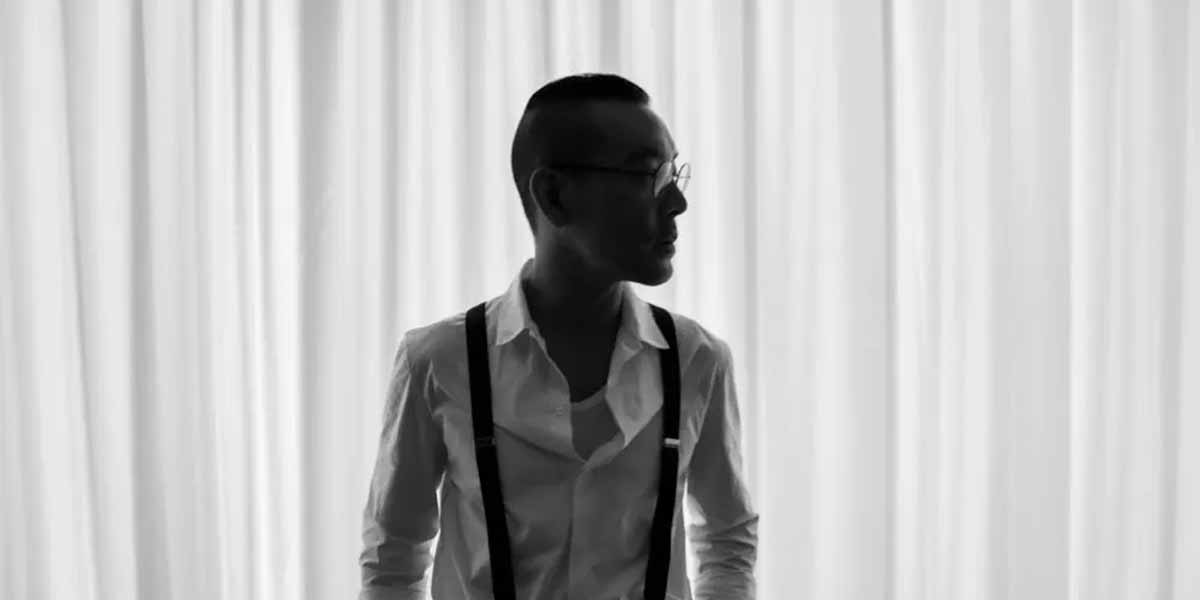
Juno Mak on His Star-Driven Cannes Midnight Screenings Drama ’Sons of the Neon Night’: ‘My Aim Was to Create a Unique World With Its Own Rules’
2025-05-14
-

Aaron Kwok Drama ‘IOU’ Unveiled by Distribution Workshop at Hong Kong FilMart
2025-03-17
-

Distribution Workshop Picks Up Financial Scam Drama ‘IOU’ Starring Aaron Kwok
2025-03-17
-
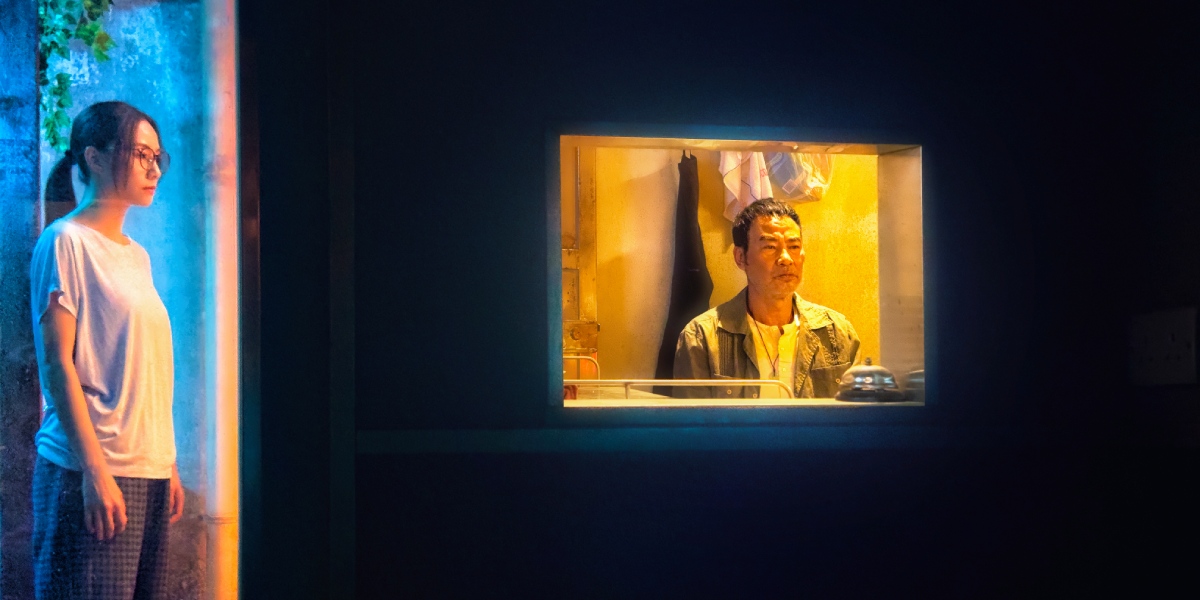
Film Review: Little Red Sweet (2024) by Vincent Chow
2024-11-08
-
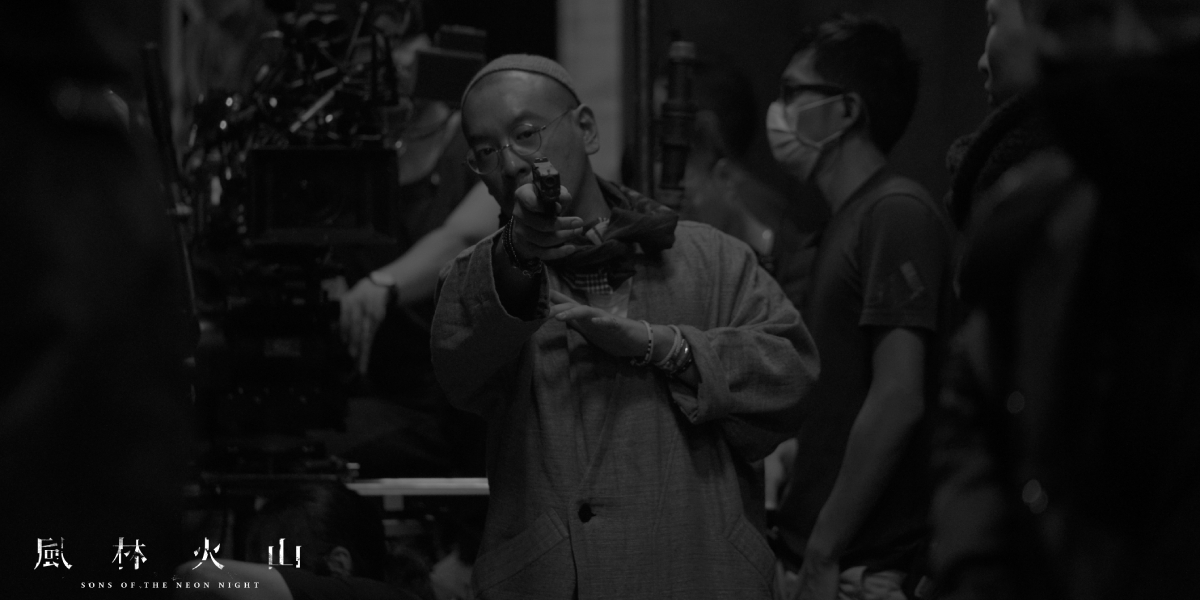
Juno Mak on Taking Ten Years to Direct Hong Kong’s Most Expensive Movie, ‘Sons of the Neon Night’: ‘I’ve Built a World Where it’s Freezing’ (EXCLUSIVE)
2024-10-04
-
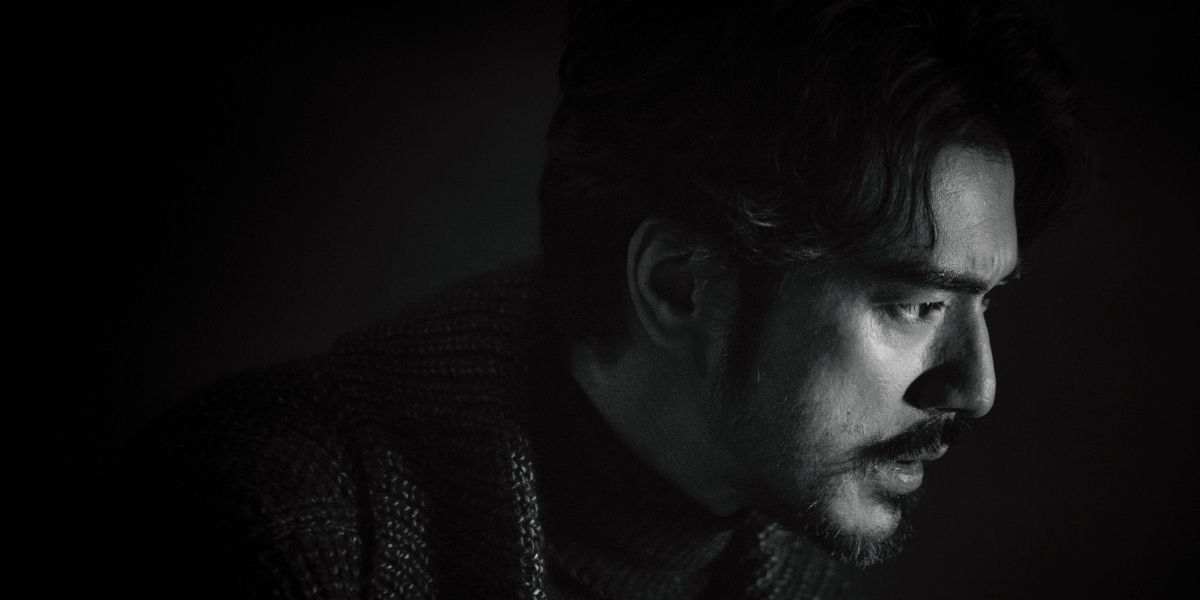
Distribution Workshop To Launch Sales On Juno Mak’s ‘Sons Of The Neon Night’ At ACFM
2024-09-30

